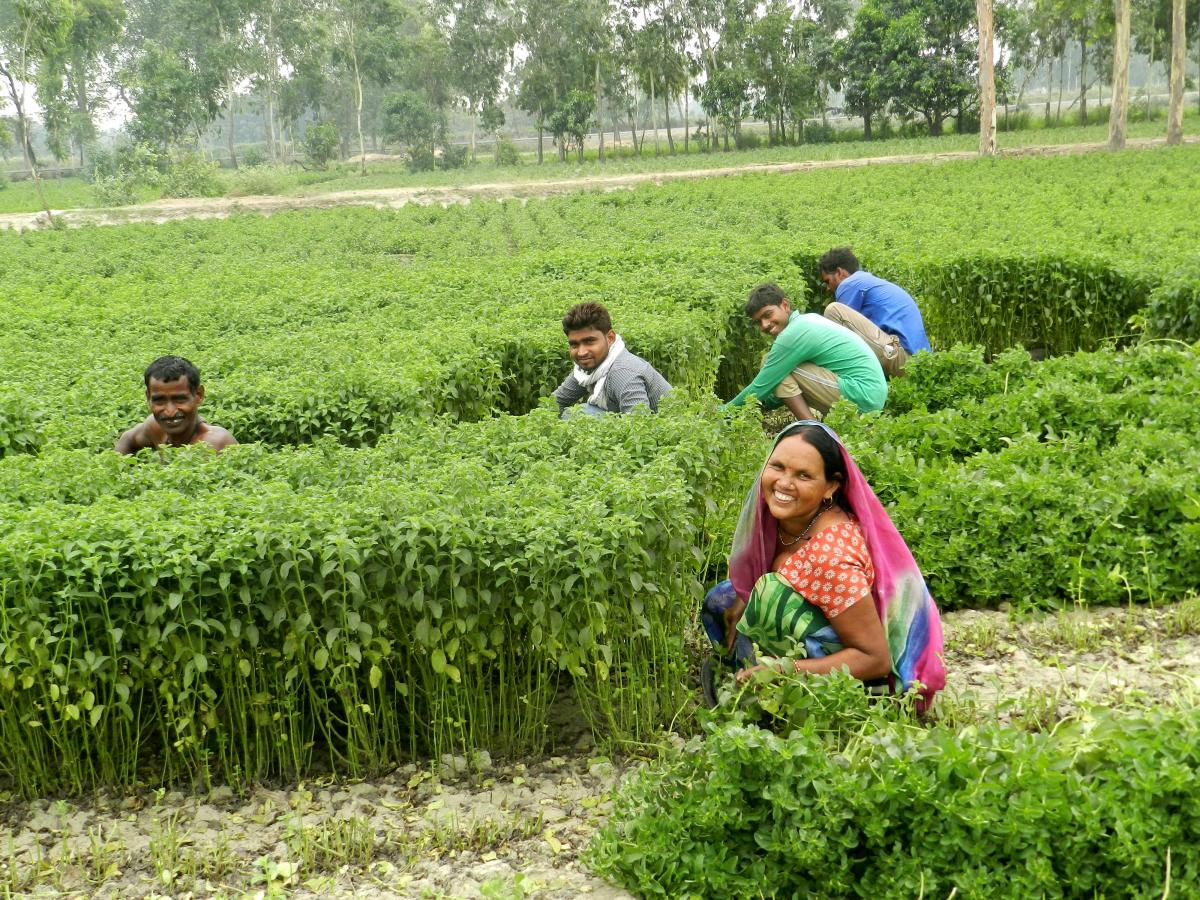The food giant has teamed up with WWF, UN Environment and the International Rice Research Institute to make a daily staple for 3.5 billion people more climate-friendly
When Mars Inc set the target of halving unsustainable water usage in its supply chain by 2025, there wasn’t much question of where to start.
Having mapped its water usage across its extended value chain for its Sustainable in a Generation plan, the food giant found that rice, grown mainly under irrigation in water-stressed Pakistan and India for brands such as Uncle Ben’s, accounted for half of its unsustainable water use.
As Fiona Dawson, global president for Mars Foods, told the FT Water Summit last month: “Rice is a daily staple for 3.5 billion people on the planet and accounts for a staggering 40% of the world’s irrigated water.”
As a rice producer, as a responsible business, we decided this is a challenge we must absolutely face into
She pointed out that rice farmers are some of the poorest in the world, and some of the most vulnerable to climate change, including rising sea levels, drought, flooding, salinity and rising temperatures. Despite this, rice production will need to increase 25% in the next 25 years to feed a rising population.
“As a rice producer, as a responsible business, we decided this is a challenge we must absolutely face into,” said Dawson.
Mars teamed up with WWF, UN Environment and the International Rice Research Institute to launch a Sustainable Rice Platform (SRP), to promote more climate-friendly rice production methods, such as alternative wetting and drying, which departs from the continuous flooding used in conventional rice cultivation by alternatively draining and reflooding rice paddies to keep optimum water levels. Rice meeting the platform’s Standard for Sustainable Rice Cultivation is also grown with fewer pesticides.

Mars is helping to train mint farmers in India in better agricultural practices. (Credit: Mars Inc)
Addressing water scarcity isn’t something that is nice to do. It is a business imperative
Mint, which is grown by 1 million farmers in parts of the US and Canada as well as in India, is another key ingredient that is threatened by water stress. In India, Mars is working with its partner Agribusiness Systems International to train more than 20,000 smallholder farmers in Uttar Pradesh to implement good agricultural practices that can improve soil health, raise yields, and improve incomes. It is also funding scientific research into developing plants that can resist disease, produce higher yields, adapt to climate change and use water efficiently.
Such interventions, however, may not be enough to relieve the company’s impacts in all locations. Mars’s Water Stewardship Action Plan, introduced in 2016, spells out that it is taking a “context-based” approach. “Where we can’t reduce water use to sustainable levels, we may engage in activities, such as landscape restoration, to recharge water levels to the point necessary to meet our targets. These recharge activities will be in the same watersheds as those within which we operate/source and they will be independently verified,” Mars said.
And where this fails to relieve stress on a local watershed, Mars is prepared to change the location of where it sources.
With agriculture responsible for 70% of water usage, water is a material risk for a food company like Mars, said Dawson. “Addressing water scarcity isn’t something that is nice to do. It is a business imperative.”

